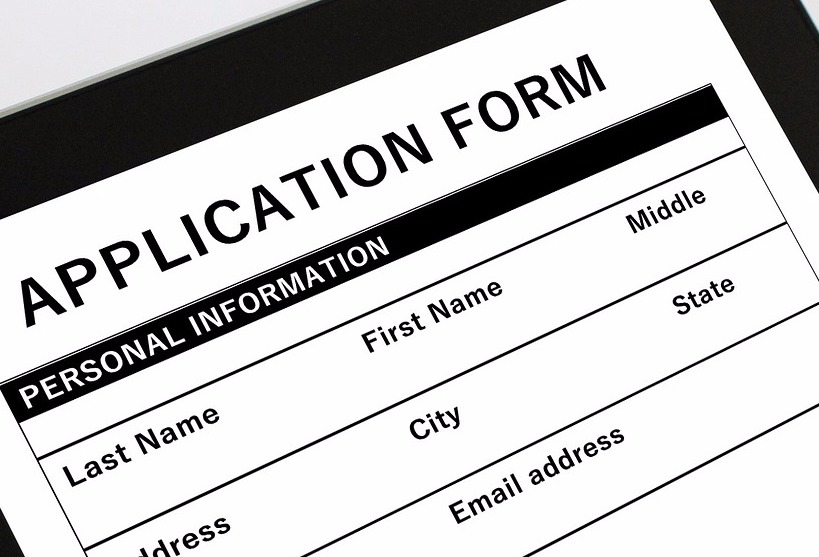SECURITY CLEARANCE INVESTIGATIONS EXPLAINED
When a person applies for a security clearance or wants to keep an existing clearance, the United States government conducts background investigations or reinvestigations. In 2026, the governement moved to "continuous vetting" instead of periodic investigations. This includes filling out an extensive application called the SF-86 (e-QIP/e-App) and undergoing interviews, fact-checking, and criminal checks at both state and federal levels. The applicant's creditworthiness is also assessed. To ensure a successful investigation, the applicant's full cooperation is required, and providing false information could result in the application being denied. There are several reasons why an applicant may be denied a clearance.
If an application is denied, the applicant will not be granted access to sensitive or classified information; however, they typically have the right to appeal the decision. The applicant will receive a Statement of Reasons or a Notice of Determination that explains why they are not fit to have a security clearance. Depending on the agency, the applicant may be allowed to submit a written appeal or have a hearing in front of the federal agency's appointment member.
If the appeal results in a denial or revocation, the applicant typically has the right to appeal to a higher governing agency.
